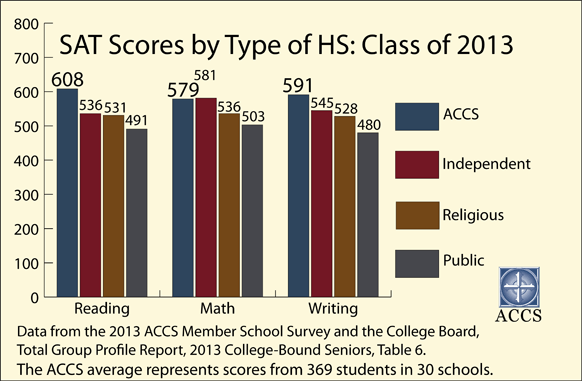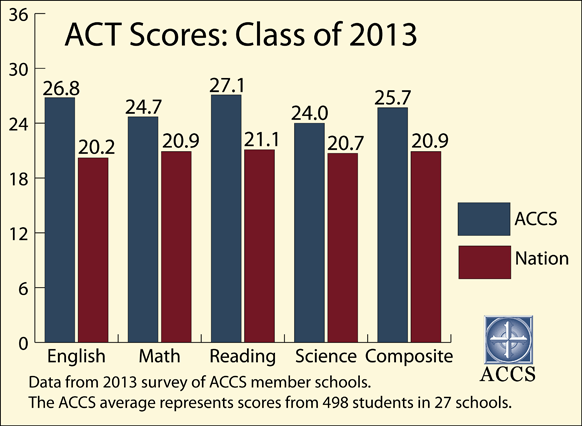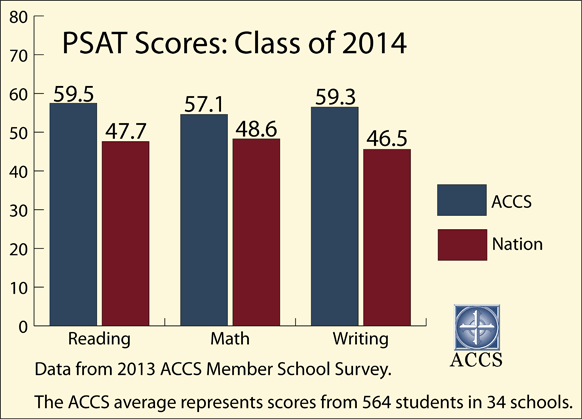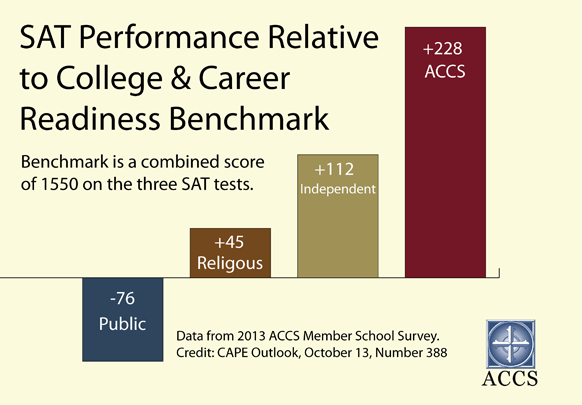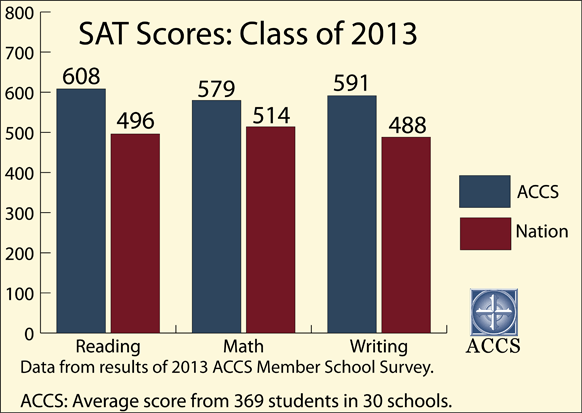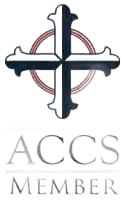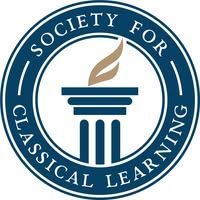New Paragraph
Why Classical Education?
- Grammar, which involves the memorization of basic facts about a subject, is taught to younger children who naturally love to chant, recite, and memorize.
- Dialectic, or Logic, which is the study of argumentation and formal logic. This emphasis fits well with the middle and early high school years when young people begin to question, to challenge, and to test things for themselves. The Logic stage will teach them how to integrate facts into a coherent system that reflects biblical truth.
- Rhetoric
is the phase of the Trivium in which the student learns how to express what he thinks in a manner worthy of the Truth. Obviously, rhetoric includes teaching speech, debate, essay writing, etc. Style and clear-minded expression are important.
Why "Gospel-Centered" and "Classical?"
Standardized Test Scores fromThe Association of Classical and Christian Schools
Classical schools are growing in popularity across our country and the world. There are currently 230 classical schools registered with the Association of Classical Christian Schools in the United States. These schools seek to inspire children toward a life-long pursuit of learning which is anchored in pursuing the Creator, as opposed to schools using the National Common Core standards focusing exclusively on the “efficiency” of learning, without any stated goal of education beyond “career and college readiness.” As an educational establishment for children and communities, classical schools champion a higher calling and better vision than mere technical preparedness.
The statistical data recorded on the SAT and ACT charts from the Association of Classical Christian Schools demonstrates the high success rate of students who attend school in a classical Christian environment.
For more information:

